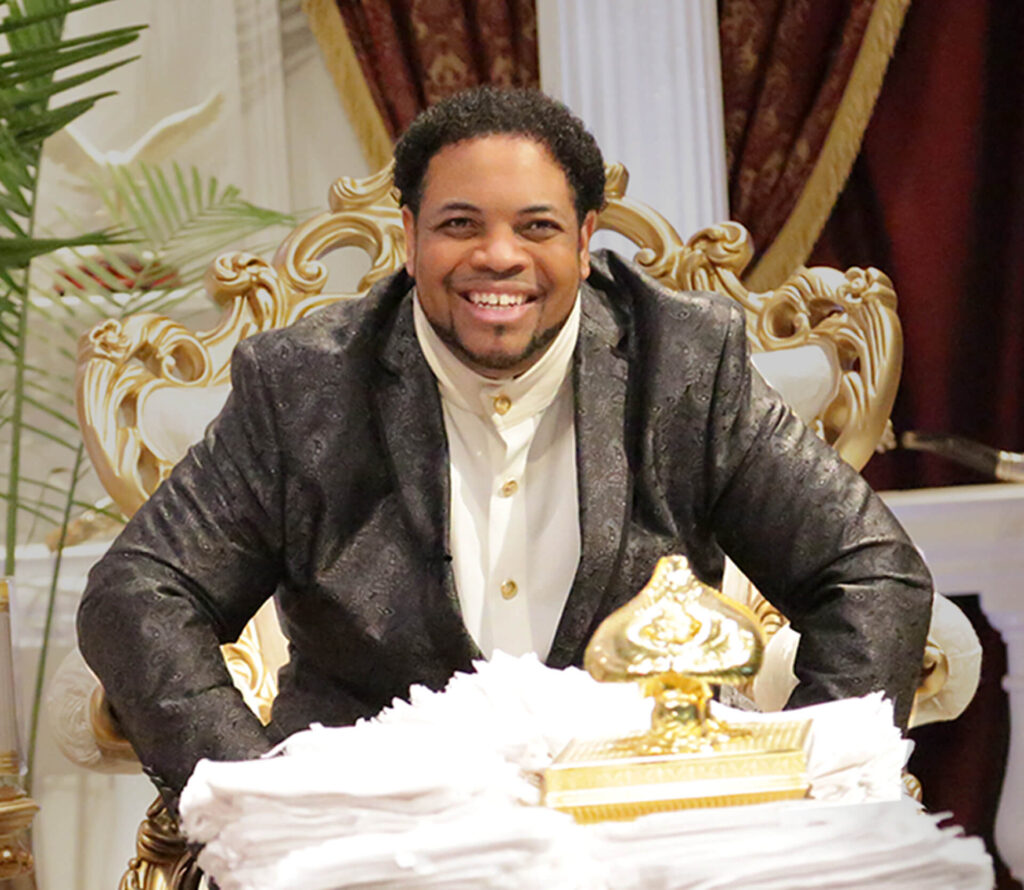A global Christian denomination known for its door-to-door evangelism and unique interpretations of the Bible.
Religion: Christianity
Denomination: Adventist
Founder: Charles Taze Russell
Founded: 1879
Location: International
Size: Approximately 8.7 million members
Website: jw.org
Jehovah’s Witnesses, a Christian-based faith, began in the late 19th century within the broader Adventist movement in the United States. Founded by Charles Taze Russell in Pittsburgh in 1872, the group originally emerged as the International Bible Students Association. It later adopted the name “Jehovah’s Witnesses” in 1931 under the leadership of Joseph Franklin Rutherford, emphasizing the use of Jehovah—a representation of God’s name in the Bible—and their role as His witnesses.
The faith is known for its unique interpretations of Christianity, which diverge significantly from mainstream Christian denominations. Central to their beliefs is the rejection of the Trinity; instead, they hold a unitarian view of God, identifying God as Jehovah and viewing Jesus Christ as His Son but not as God incarnate. They believe that Jesus was the first and highest of God’s creations, distinct from God Himself, and deny the deity of the Holy Spirit, considering it instead to be God’s “active force.”
Jehovah’s Witnesses use their own translation of the Bible, the New World Translation, which supports their theological positions. They are perhaps best known for their door-to-door evangelism and distribution of literature such as The Watchtower and Awake! magazines, as well as for their refusal to celebrate mainstream Christian holidays, which they believe have pagan origins. Instead, they commemorate Jesus’ death annually in a ceremony they call the Memorial of Christ’s Death.
Their eschatology, or understanding of the end times, plays a significant role in their faith. Jehovah’s Witnesses believe in the imminence of Armageddon, a final battle between good and evil, which will usher in a millennial reign of Christ. They teach that 144,000 faithful Christians will rule with Christ in heaven over an earthly paradise inhabited by the righteous survivors of Armageddon and resurrected individuals.
The organization is governed by the Governing Body, a group of elders who oversee the faith’s doctrines and practices globally, with congregational meetings held in Kingdom Halls rather than churches. Their refusal to participate in secular politics, bear arms, or salute national symbols stems from their allegiance to God’s kingdom as superior to earthly governments, which they believe are under Satan’s control.
Controversial practices include their stance against blood transfusions, based on their interpretation of biblical commands to abstain from blood; a strict process of disfellowshipping, or excommunication, for members who violate the group’s moral codes without repentance; and a history of predicted dates for the end times that have passed unfulfilled. Despite these controversies, the denomination has experienced significant growth, particularly in Africa, Asia, and South America, largely through conversion efforts rather than internal growth.
Jehovah’s Witnesses’ distinctive practices, commitment to evangelism, and anticipation of God’s Kingdom continue to define their place among the world’s religious movements.
image via Toledo Blade




